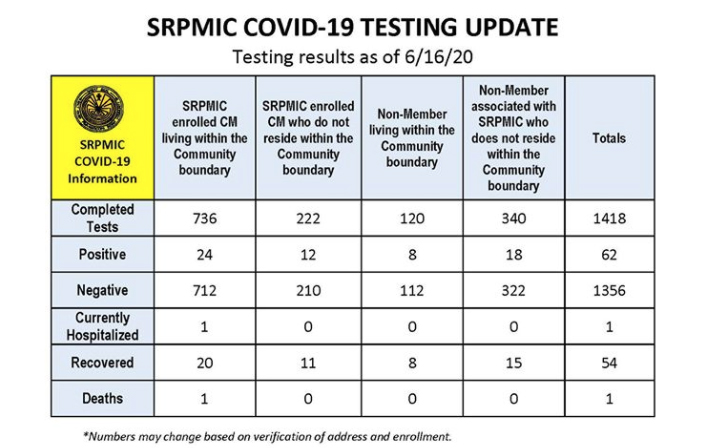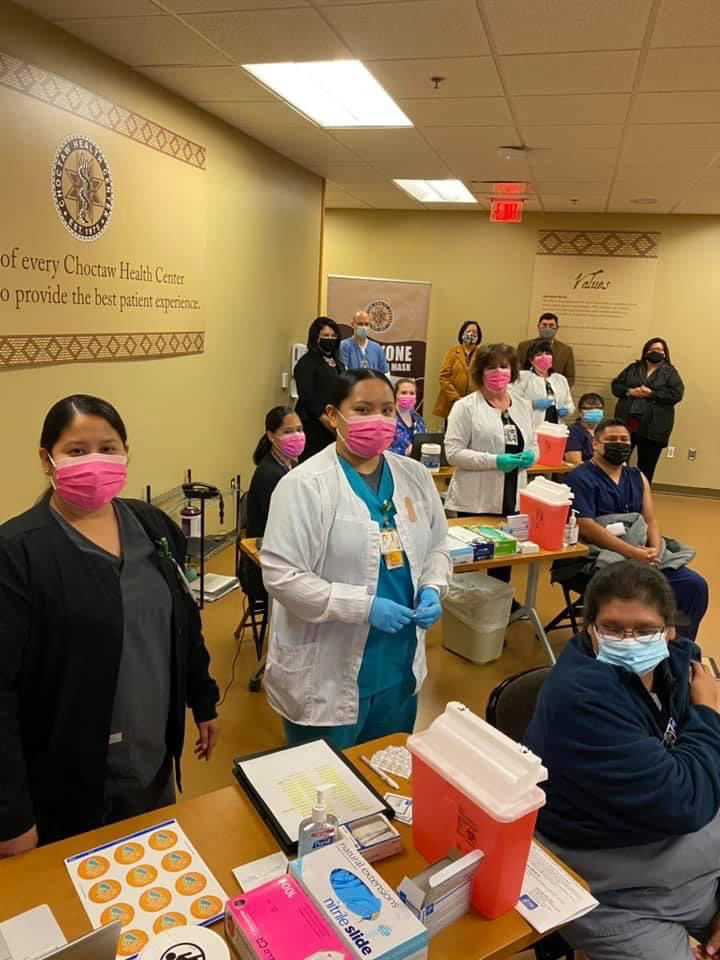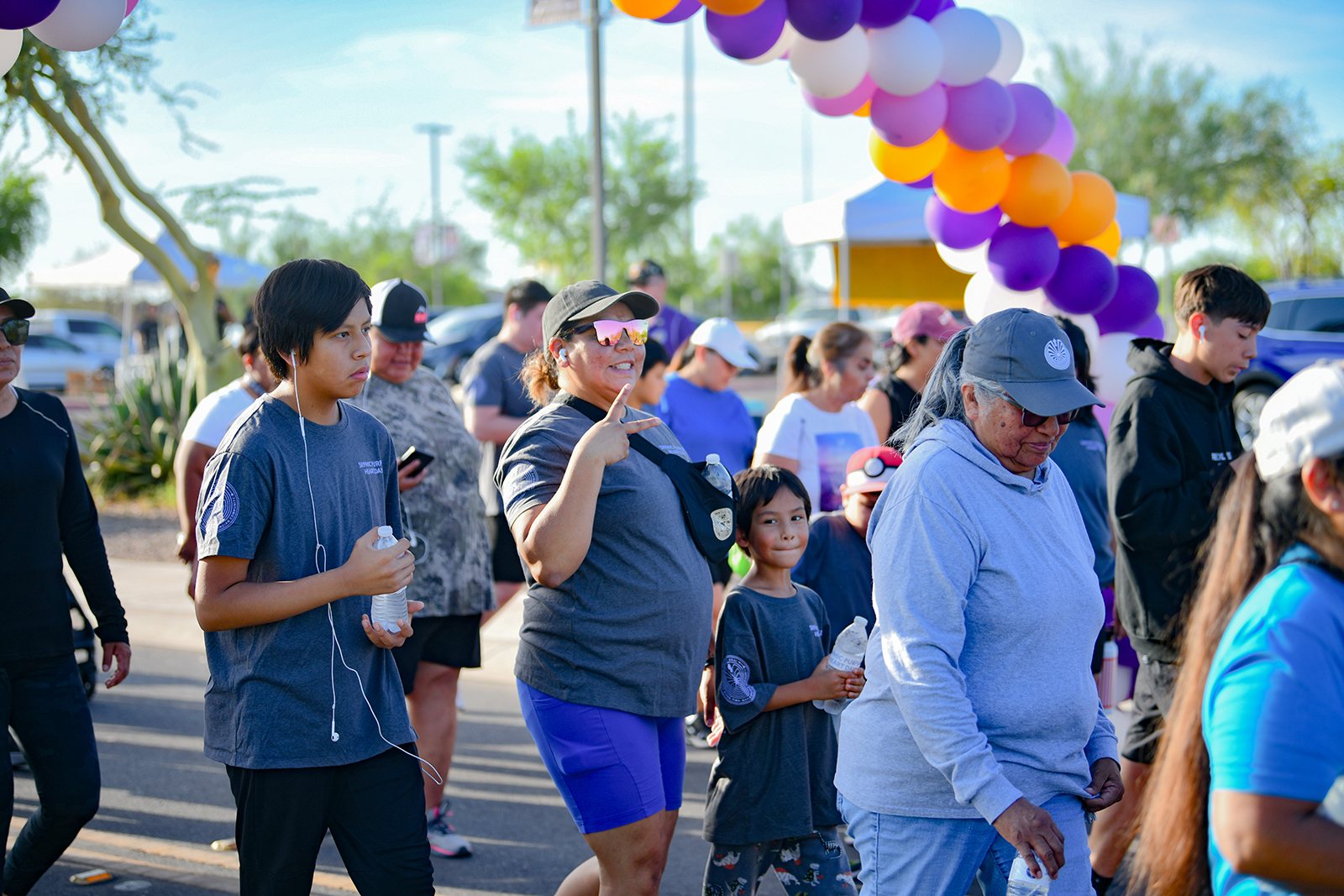VIEWS: 2715
February 27, 2020Learn to Manage Your Diabetes
The Salt River Pima-Maricopa Indian Community Diabetes Program has just started a new 10-week series of its Diabetes 101 workshops. The workshops are held every Wednesday from 12 to 1:30 p.m. or 6 to 7:30 p.m. at the Community Health Services building. The goal is to help those with diabetes learn to better manage it and maintain a healthy regimen. Instructors will help create management plans for healthy eating, staying active, coping with stress, scheduling regular checkups and taking medications.
As the “Manage Your Diabetes” packet explains, “People who participate in diabetes education and care coordination find they are more successful at meeting their diabetes management goals.” A key philosophy of the program is that you are the most important person on your healthcare team.
In addition to checking daily blood glucose (sugar) levels, each class also includes discussion of diabetes-related topics and demonstrations of healthy recipes for everyone to try. Recipes include a list of ingredients and preparation directions for making them at home.
In the first class, on January 29, instructor Marianne Bennett talked about the differences between type 1 diabetes and type 2 diabetes. With type 1 diabetes, the immune system attacks the pancreatic beta cells, causing the body to not make enough insulin. In type 2 diabetes, the body does not make enough insulin or resists the effects of insulin, leading to high blood glucose levels.
Symptoms of diabetes include increased thirst and urination, increased hunger, blurry vision, unexplained weight loss and other symptoms. With type 1 diabetes, these symptoms will appear over several weeks. In type 2 diabetes, these same symptoms appear, but they develop over several years. The time difference with the onset of symptoms is a major indicator of which type of diabetes can be identified.
The class also reviewed the effects of diabetes on how the body functions. Over time, diabetes can cause complications with the eyes, heart, kidneys and feet, among others. Worksheets were handed out that explained the importance of annual eye, dental and podiatry (feet) exams for people with diabetes.
One-on-one sessions are available upon request. For more information, call the Diabetes Program at (480) 362-7469.







